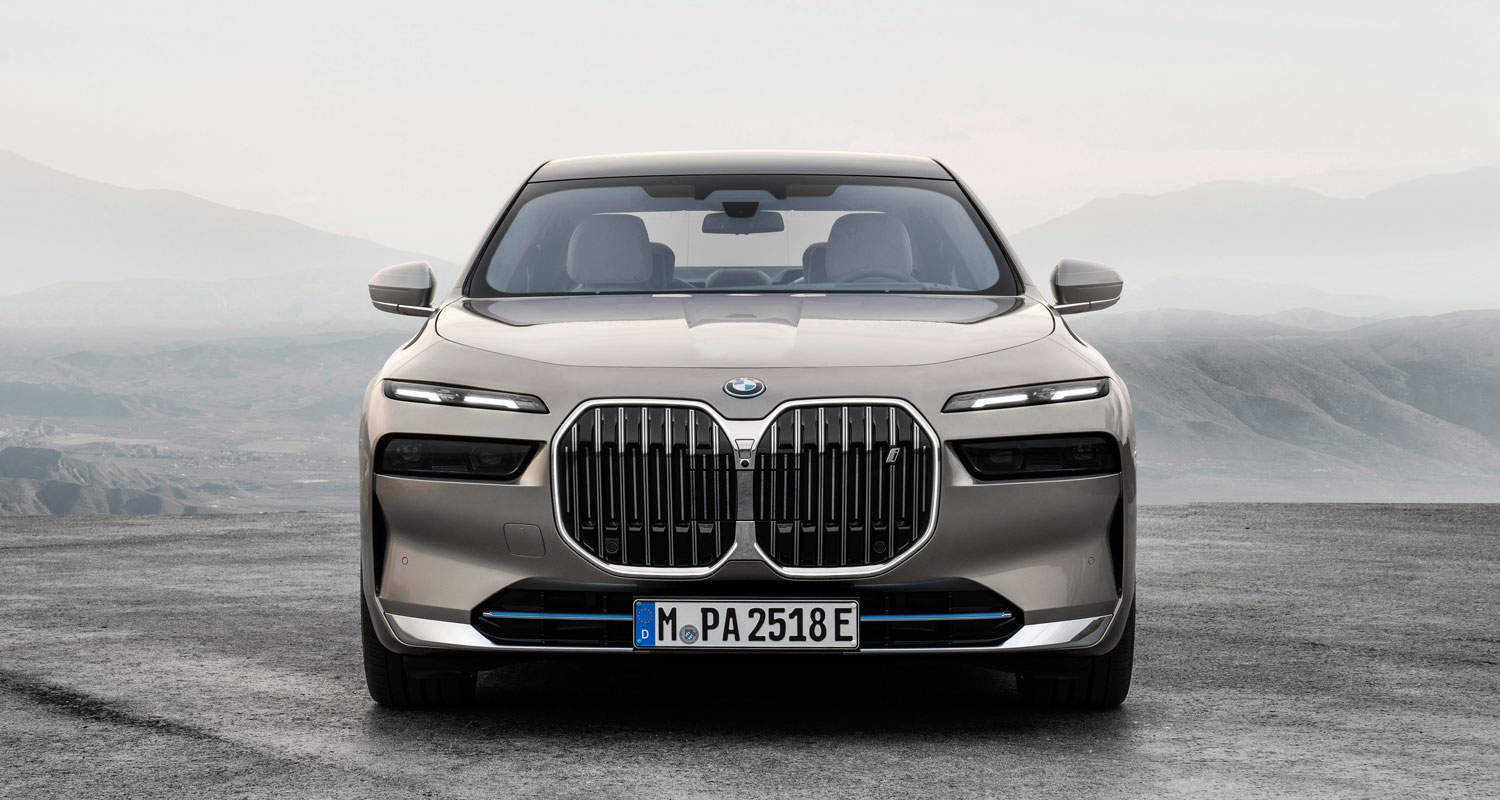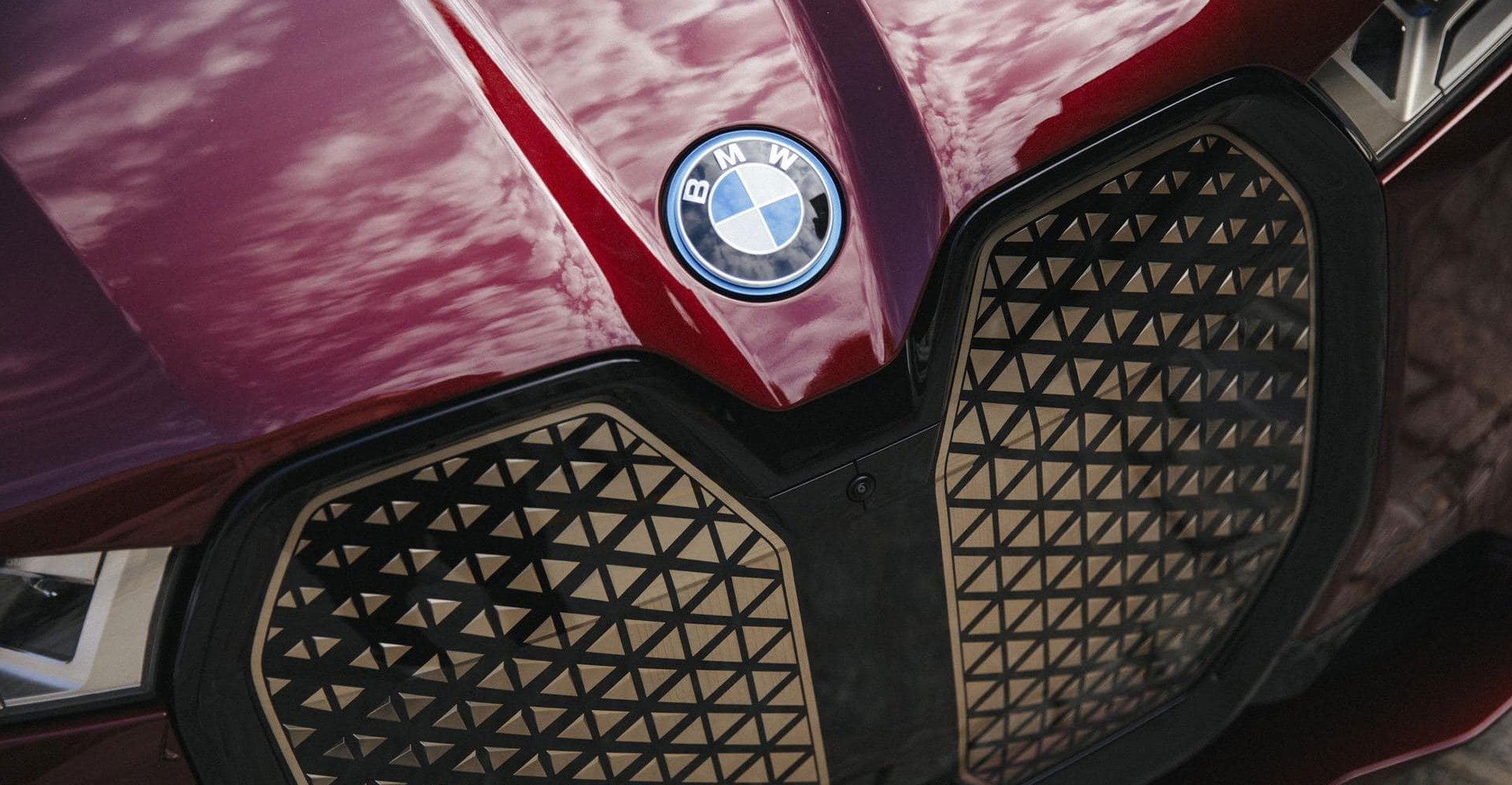
 BMW has found itself embroiled in a blistering row over plans to charge car owners US$18 (R308) a month to warm their derrières.
BMW has found itself embroiled in a blistering row over plans to charge car owners US$18 (R308) a month to warm their derrières.
Reports that the German car maker wants drivers in the UK, France, Germany and elsewhere to purchase a software update unlocking the seat-warming functionality — which will otherwise remain unavailable, despite all of the necessary hardware already being built into their cars — triggered an immediate online backlash.
While the winter posterior comfort of wealthy motorists is hardly the most pressing issue facing humanity, the PR disaster illustrates the dangers facing businesses who get greedy during a cost-of-living crisis, our growing fatigue with paid subscriptions, and the risks facing car makers trying to refashion themselves as software giants.
BMW should treat its customers better than this, or they might give the premium car maker the cold shoulder
The BMW unlock, which costs £150 (R3 043)for a year and £350 (R7 102) for unrestricted access, was characterised on social media as a “parody of late-stage capitalism” and the epitome of “micro-transaction hell” (a reference to the in-play purchases used by the videogames industry to generate additional revenue).
Generously, BMW still provides a steering wheel as standard, but heating it to avoid frozen fingers may require a second subscription, albeit costing slightly less than preventing frigid rears. The optional fees don’t apply to customers whose vehicles were purchased with these features already enabled.
The pricing policy provides customers with flexibility to try out features before purchasing them or to include functionality not specified by a previous owner, BMW said. Executives first touted these paid upgrades two years ago when rival Tesla built a similar paywall, although Tesla’s latest models come with heated steering wheels and rear seats as standard.
Sneaky and cheap
But is it any wonder these subscription proposals touched a nerve? An innovative upgrade that dramatically improves the performance or feel of the vehicle is one thing, but installing basic mechanical parts at the factory and then demanding a ransom to unlock them feels sneaky and cheap.
New vehicles are already horrendously expensive. And thanks to limited vehicle inventories stemming from semiconductor shortages, BMW is raking in big profits and last month announced a €2-billion share buyback. It doesn’t need to penny-pinch.
Alas, consumers are becoming accustomed to such rough treatment, which predates spiralling inflation. The travel industry has a particular fondness for “drip pricing” as anybody hit by sundry airline seat reservation and baggage fees will attest. So-called ancillary services now account for close to half of budget carrier Ryanair’s revenue, for example.
Thanks to over-the-air software upgrades, car makers hope that in future a vehicle purchase will be the start of a longer financial relationship with the customer. Though these efforts are still in their infancy, the industry is salivating at the possibilities: General Motors anticipates consumers will be willing to spend $135/month on vehicle software subscriptions and is aiming to achieve at least $20-billion of annual software and services revenue by the end of the decade, or around 10 times last year’s total. Jeep brand owner Stellantis has set a similar target, while BMW — whose sales volumes are lower — expects about €5-billion of additional digital revenue in that time period.
 While motor manufacturers need to fund the massive cost of introducing electric vehicles while worrying about being shoved aside by tech giants such as Google and Apple, they’re not just focused on protecting profits, but on expanding them.
While motor manufacturers need to fund the massive cost of introducing electric vehicles while worrying about being shoved aside by tech giants such as Google and Apple, they’re not just focused on protecting profits, but on expanding them.
Software add-ons can deliver very high margins when installed in millions of vehicles. And stock markets often value recurring revenue streams more highly than a one-off big-ticket purchase. Look at Tesla, whose more than $700-billion market capitalisation relates in part to an automated driving software suite costing $12 000 upfront or up to $199 for a monthly subscription.
In fairness, the ability to refresh a vehicle long after it has left the factory gate is pretty revolutionary. And some of these software packages are quite appealing: BMW’s digital store includes a download that adapts the suspension to your driving style and the road type. Though not to everyone’s taste, an audio package that amplifies the BMW engine sound inside the vehicle at least has the benefit of being fun. In contrast, BMW’s one-time £265 fee to access Apple CarPlay seems excessive.
Motor manufacturers should give more thought to what consumers are prepared to pay for, and what feels like highway robbery. Three-quarters of car buyers think most features and services should be included as part of the initial purchase price, according to a Cox Automotive survey published in April. More than 90% agreed heated seats shouldn’t be a subscription feature. BMW should treat its customers better than this, or they might give the premium car maker the cold shoulder. — (c) 2022 Bloomberg LP











Comments